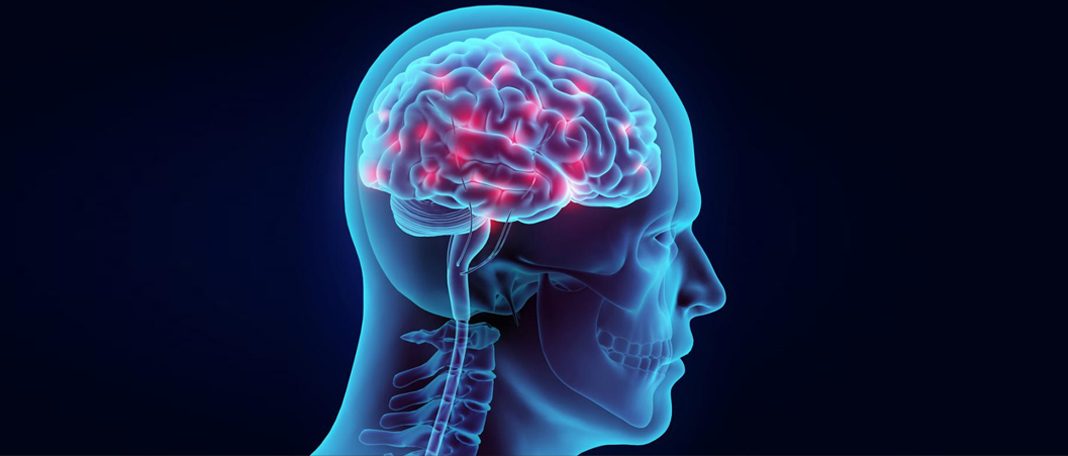An epileptic seizure, popularly known as seizure or epilepsy, is abnormal, sudden, and uncontrolled electrical activity between brain cells. This condition can cause changes in behavior, feelings, and movements. Other than medical problems and life-threatening emergencies, people with seizures even injure themselves. Not everyone with seizures dies, but a person with this condition has a 1.6 to 3 times higher risk of dying than the normal population. Unfortunately, there is no cure for the seizure, but with early treatments and therapies, you can make a big difference. But what are the stages of having a seizure? Read on to know more about seizure signs and symptoms.
Stages and Common Symptoms during a Seizure
Seizure symptoms differ during each stage. Here are four different stages or phases of seizures-
Prodrome
In the prodromal stage, few people might have a subjective feeling or sensation and can tell if the seizure is on the way, even before several hours or days.
Symptoms of prodrome include
- Anxiety
- Confusion
- Mood swings
- Anger
- Irritability
Stage 1: Aura
This is the first stage of seizure. Aura gives a warning that the seizure is about to happen. Aura is a feeling, experience, or excitement that is different from normal. If you are a person with a seizure and experience any of the following symptoms, get to a safe place. In some cases of seizures, people won’t experience this stage.
Symptoms of Aura includes
- Feeling of déjà vu or Jamais vu
- Dizziness
- Nausea
- Headache
- Vision problems
Stage 2: Middle (Ictal)
The middle stage of a seizure is called the Ictal phase. During this phase, intense electrical changes happen in your brain. A decrease in consciousness and involuntary movements is associated with this stage. However, this is one of the shortest stages of seizures.
Symptoms that occur during ictal are
- Loss of awareness
- Hallucinations
- Trouble speaking/ hearing
- Loss of muscle control
- Jerking of the whole body
- Loss of bowel movements
- Racing heart
Stage 3: Ending (postictal)
This is the final phase of a seizure. Your brain tries to get back to normal, and this recovery phase is called postictal. Some people recover immediately whereas, for some, it requires days. The duration of this stage depends on the type, severity, and region of the brain. Some people come out of this very quickly but, for some, it’ll take hours.
The common symptoms of postictal are
- Sadness, fear, and embarrassment
- Memory loss
- Fatigue
- Headache
- Confusion, fear, and anxiety
- Difficulty
There are many misconceptions about seizures; one popular myth is ‘people with seizures swallow their tongue’, which is totally a myth! But people can get oral injuries during a seizure. Most of the seizures end on their own but seek medical help if it lasts for more than 5 minutes.

















